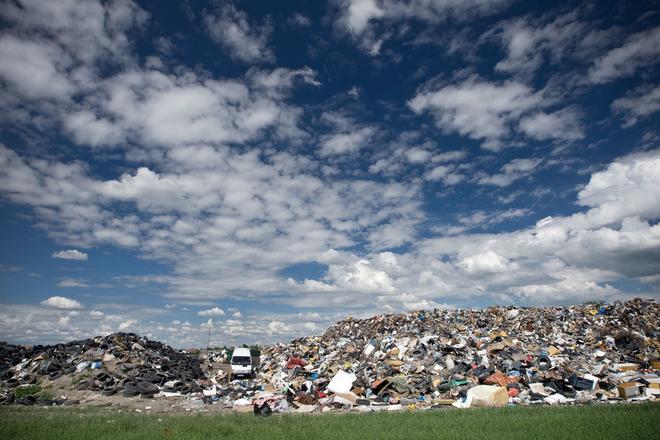A crooked carrot or animal-shaped potatoes – these are the products you usually cannot find on store shelves. However, to reduce food waste, retailer Tesco introduced a new range of products, offering fruit and vegetables that were originally outside of its specifications, but are still tasty and of high quality.
The “Perfectly Imperfect” brand is one of the key pillars of the retailer’s corporate responsibility activities.
“With this project, Tesco is trying to help suppliers reduce food waste since we take fruit and vegetables from them that would otherwise end up in a bin,” Veronika Bush, head of communications & campaigns at Tesco Stores SK, told The Slovak Spectator. The products are usually offered for a better price.
The retailer sold 450 tonnes of fruit and vegetables under the “Perfectly Imperfect” brand last year, with customers showing interest mostly in carrots, apples and potatoes.
More interest in the environment
The “Perfectly Imperfect” brand is only one of the examples of companies’ more responsible approaches to the environment.
People become more interested in the environment when they frequently discuss the overuse of plastic, the creation of needless waste and voluntary modesty, said Tatiana Čaplová, programme manager for CSR at the Pontis Foundation.
Up to 42 percent of Slovaks deliberately bought ecological products, even though they cost the same or even more than ordinary products, according to a survey carried out by the Pontis Foundation and the Focus pollster last year.
Even companies cannot afford to ignore this trend as it is important for their key partners, Čaplová said.
“Waste separation, recycling and avoiding activities that clearly threaten the environment are slowly becoming a must,” she told The Slovak Spectator, adding that this is not enough. “A more proactive approach to environmental protection and the implementation of changes to all processes in compliance with circular economy principles is necessary.”
Slovaks still focus on waste
A circular economy is a restorative and regenerative system, whose aim is to redefine products and eliminate waste through design, while minimising negative impacts.
It is composed of three parts: design, responsible consumption, and waste as a source. While other countries are more focused on design and responsible consumption, Slovakia is still mostly focused on waste, says Ivana Maleš, a co-founder of the Institute of Circular Economy in Slovakia.



 Most of Slovakia’s waste still ends up in landfills. Some initiatives want to change it. (source: SME)
Most of Slovakia’s waste still ends up in landfills. Some initiatives want to change it. (source: SME)